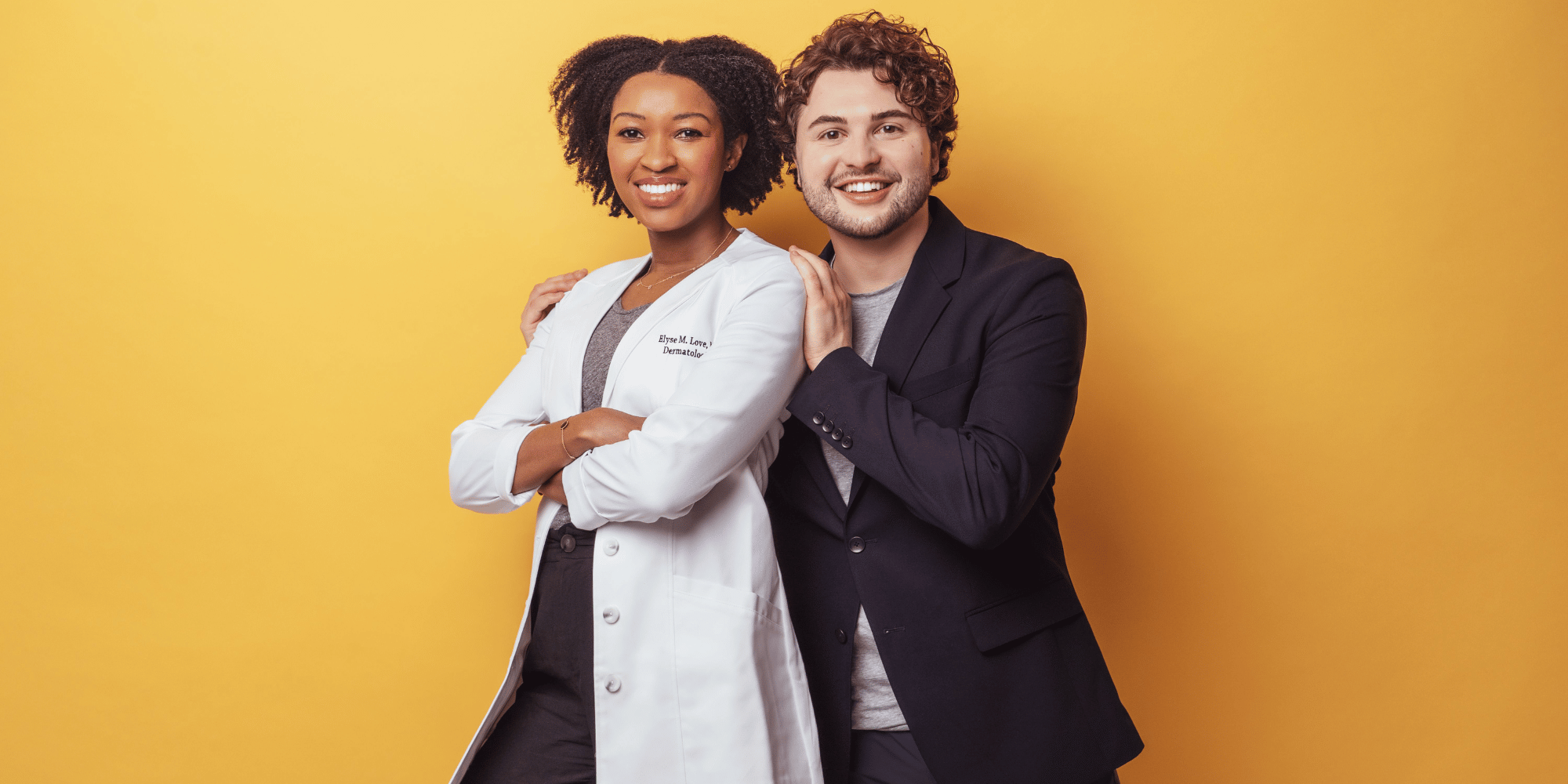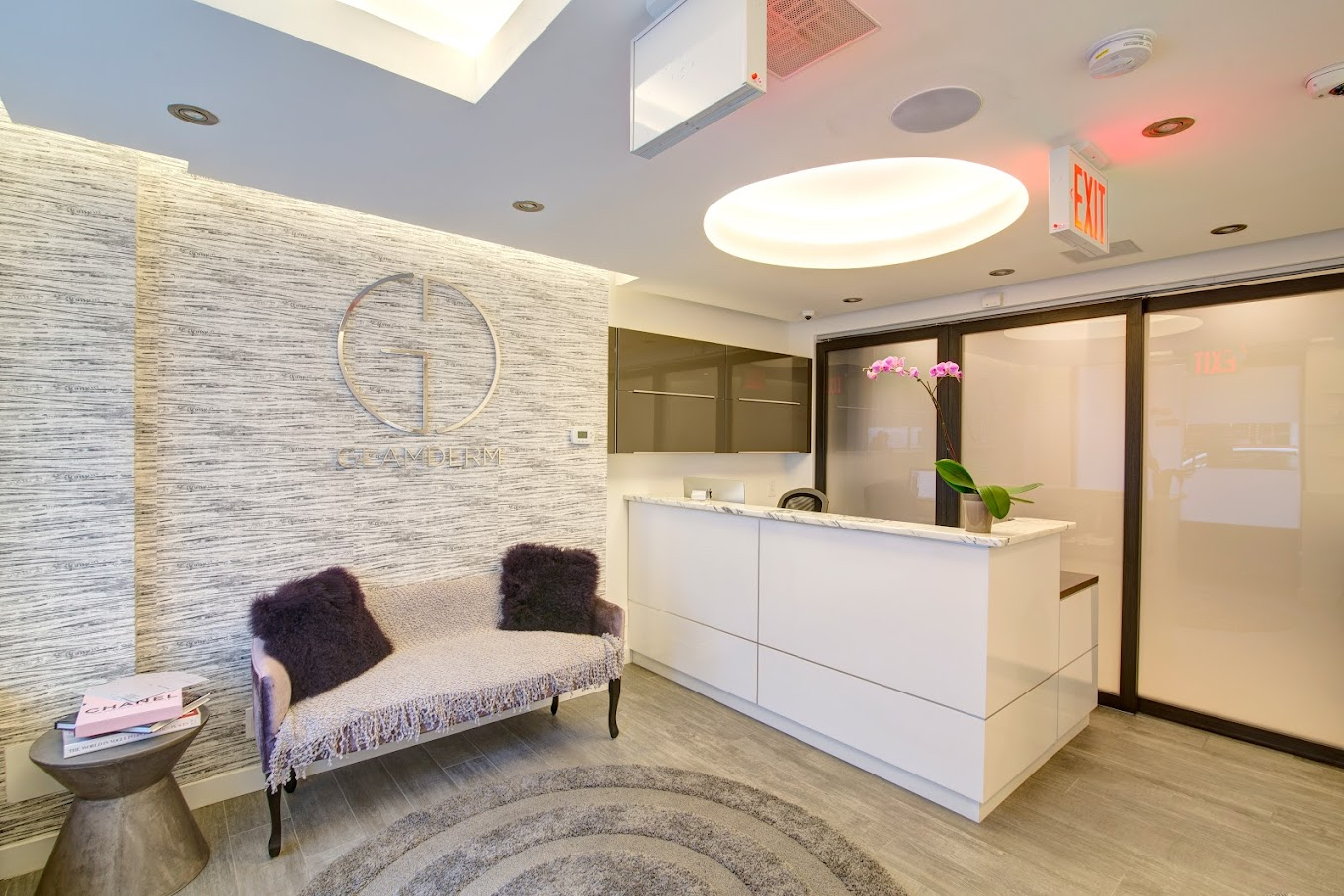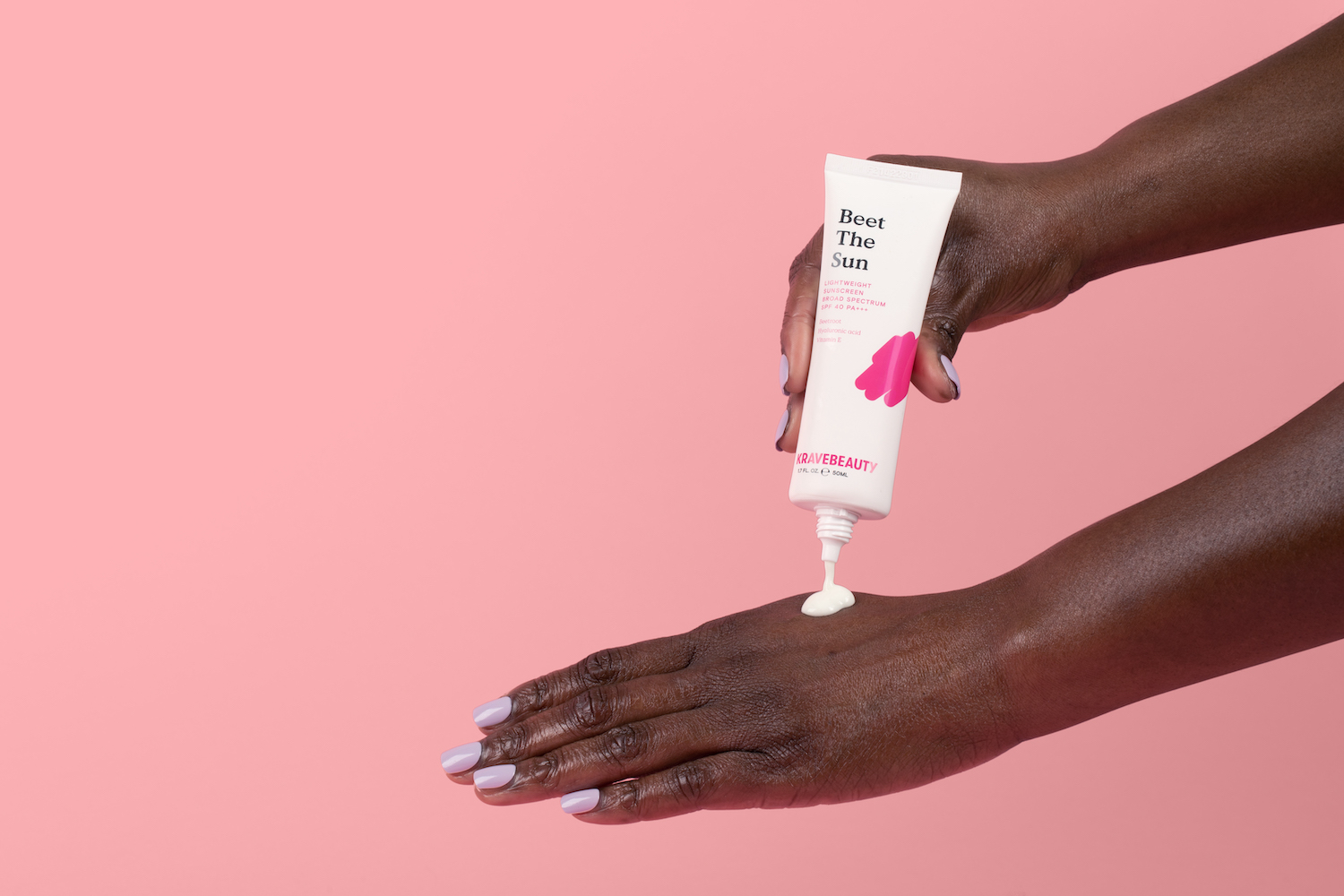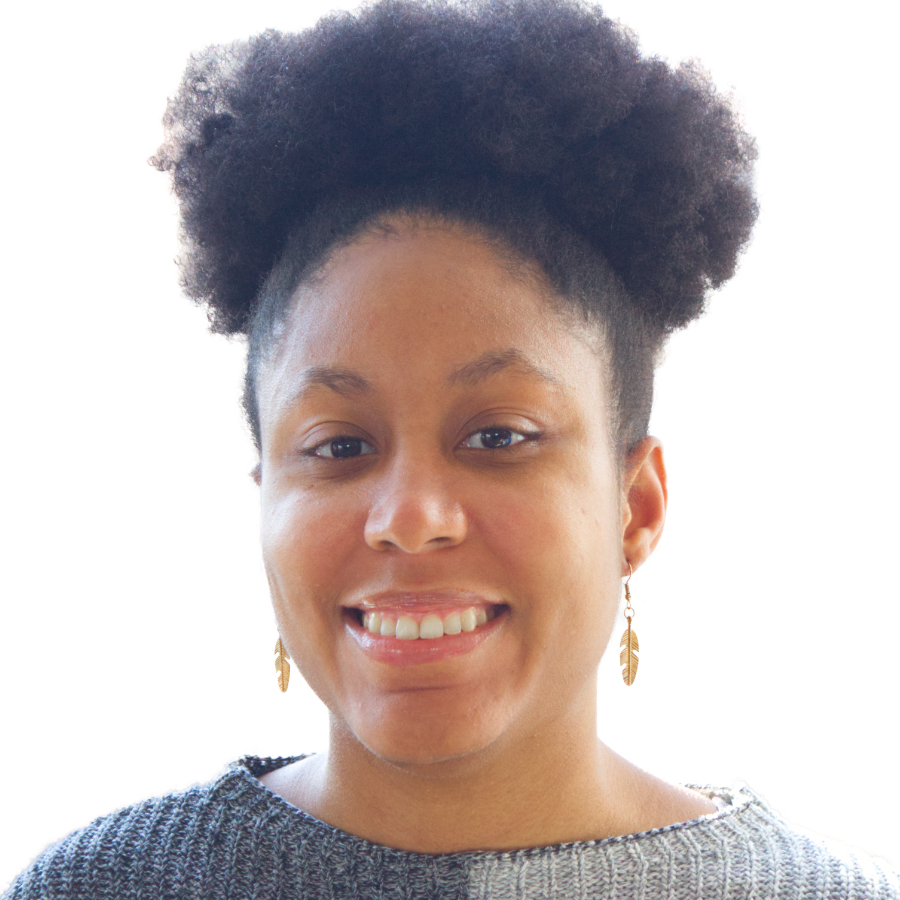
On New Podcast “BeautyCurious,” Dermatologist Elyse Love And Aesthetician Ian Michael Crumm Explore Skincare Well Beyond The Latest TikTok Trend
In a trailer for dermatologist Elyse Love and aesthetician Ian Michael Crumm’s podcast “BeautyCurious,” Crumm explains its mission is to “separate the facts from the fads.”
The timing for that mission couldn’t be more on the mark. Skincare misinformation is exploding on TikTok, a platform that upsets Love so much she largely avoids it, and in beauty brands’ marketing efforts. Amid the onslaught of misleading messages, consumers are desperately trying to find effective skincare rather than simply the “it” products of the moment.
To cut through the crap, the biweekly “BeautyCurious” podcast launched last month has explored sunscreen choices, summer skincare routines and melanoma. Love and Crumm’s professional perspectives from distinct sides of skincare provide well-rounded views on those topics for listeners, whether or not they ever end up in a dermatologist’s office or aesthetician’s treatment room.
“If we can help people to understand their skin, then it allows them to, when a trend comes, decide, is this right for me or is this not right for me?” says Love. “People just feel very overwhelmed and understand that everything is not for everyone, but they need someone to help them understand what’s specific for them.”
Love, who works at New York City’s GlamDerm dermatology practice, has an inside track on the vast amounts of products flooding the skincare market and overwhelming people. She’s been tapped by many companies behind them for counsel and promotion. She’s partnered with brands the likes of Ustawi, Cyspera, Matter of Fact, Eos and CeraVe, and is an advisor to the beauty retailer Bluemercury. With proper sun care at the heart of his skincare crusade, Crumm has partnered with the brands EltaMD and KraveBeauty.
Beauty Independent talked to Crumm and Love about the birth of “BeautyCurious,” skincare myths they wish were busted, different roles dermatologists and aestheticians play, and the importance of holistic skin health.
How did the podcast come about?
Crumm: This idea came about in the fall. We were out one evening, and it came up in conversation. I immediately was like, yes, we need to do it. Called her the next day and confirmed that we were not just being fun in the moment. From, there we were off to the races.
Thankfully Elyse and I both have been in the content world and are familiar with creating content. So, it really was a very fun process for us to ideate what’s the niche. We both regularly talk about skin health and beauty overall. We landed on it should be very heavy on skin health, but we don’t want to alienate other topics that we love—haircare and some makeup every now and again. I’d say probably 75% of episodes relate back to skincare.
We love the industry, we love learning and reading, and always evolving and growing, but we think we have a low key manner about that. A lot of people out there want this digestible, easy-to-understand beauty information from that credentialed source, and they don’t necessarily just want trends.
With the podcast, we are aiming to discuss newness in the beauty industry, but always make sure that it’s science-backed. For people that are beauty obsessed, it’s a deep dive, but really it’s for people that are beauty curious, they have that initial peak and we’re here to help offer some evergreen content to help them.
What steps did it take to launch the podcast?
Crumm: For the first month and a half, we both were trying to just wrap our brains around what mic we need and how do you edit a podcast. We had a lot of questions that we worked through, but we did know there were certain things you need—great visuals and obviously the main concept. We started flushing that out. We work with a studio that helps us edit. We could do it virtually, but Elise and I really like doing these in person because it’s fun to be in the same room.
I didn’t know this before we launched, but there’s podcast host servers that syndicate your podcast to all the different major streaming platforms. We had no clue that that was something that existed. So, there were a bunch of little logistical things we’ve definitely learned over the last six months, but it came together, and we’re just so happy that people are listening.
Love: I just knew that I couldn’t do it by myself. I have a pretty busy practice, so creating a whole new endeavor, obviously, it’s more work than we ever imagined. Ian and I were just having a conversation one day, and it just kind of a light bulb went off, and I was like, “Oh, this is it. This is my co-host.” And I could not have done it without him.
How do you balance education and entertainment?
Love: For us, it is really important that we talk a lot about tried-and-true trusted expert recommendations. It’s also important for us that this information be thought out and sound, but not boring. Those two things don’t necessarily go together. Because we’re both speaking on things that we know very well, that allows our natural personalities to come through.
It also helps that we were friends before we started this podcast. We’re friends outside of the podcast. So, it feels like we’re getting together to have a conversation about a topic. Sometimes it doesn’t even feel like we’re hosting a podcast.
Crumm: For first couple of times we recorded, it was an interesting feeling. We’re like,”Wait, this is, this is actually being recorded?” We’re just giggling and saying all the different things and then it’s like, oh, we’re in the middle of an episode right now.
We did cut out some of my random comments on some of the episodes. I would just go off on random tangents that really weren’t relevant. But it comes down to Elyse and I being friends. [Our content] is evergreen, strong and important, but the whole point is to bring it in a fun manner so people don’t get bored.

What’s your philosophy on creating evergreen content for the podcast?
Love: We want it to be evergreen, but we also want it to be relevant so that it answers people’s questions. If we take the sunscreen episode, for example, we really wanted it to be a place where people could come and learn the basics of sunscreen. The difference between a physical sunscreen and a chemical sunscreen hasn’t changed. So, there’s going to be information like that.
But we also went through some of the recent controversies that people have talked about or reasons people don’t use sunscreen. What we also address is different skin types, so if you have mature skin, if you have more sun-damaged skin, if your skin is of color and you’re looking to treat hyperpigmentation. How do you go about choosing the right sunscreen for you?
How can we empower the listener to just make stronger beauty decisions and feel more confident in their beauty decisions? And a lot of that information is evergreen. It’s factual. It’s what we have data on.
What hot trends have you’ve seen this year?
Crumm: Science-backed skincare is making a big wave back. There was that moment that still exists with everyone pushing clean beauty as their lead marketing message and claim. Brands are shifting now, doing more clinical studies and showing the proof behind a lot of claims and pulling away from certain buzzwords that really with the rise of Instagram and social in general became the easy thing for people to latch onto.
Love: And I would agree with that. As a dermatologist, it’s been really interesting to follow some of these hot skincare trends because it’s essentially tried-and-true skincare becoming trendy. When we think about things like slugging and skin cycling, these are things that dermatologists have been recommending for decades. Some of our oldest advice is just being packaged with a more buzzy label.
Consumers are seeking advice, and they’re craving advice from experts, but they still want to understand their skincare. That is one of the reasons why we choose to focus on what we consider evergreen content. When it comes to skin health, when it comes to beauty, there are so many principles that are universal.
What focus areas do you see for skin health in 2023?
Love: People are really trying to figure out their skin, which is, as a dermatologist, very exciting. I think that, for a long time, it was very much what product is trending. If we think back to the Drunk Elephant days, patients would come in, and I’d be like, “What product are you using?” They’re like, “Oh, this orange serum.” They just knew the color of the bottle.
We’ve moved into this more mature skin era where people are really trying to figure out what’s actually happening with their skin and then going to, what products should I be using to help achieve the results that I want? Before, it was more what product is really popular, and people were just adding it to their routines to see what happened.
Crumm: Elyse hit it on the head. We’re biased too because that’s where we want it to go. It’s definitely a holistic approach. We’ve moved on from just using a product because it’s the hottest product. There is that maturity around people wanting to find what’s exactly right for them.
What skincare myths do you find frustrating or misleading?
Crumm: I got to start with something sun safety-related. There are tons of people that talk about getting a base tan across any of the platforms. One of the huge TikTokers recently posted a video about how she was going to go fry her skin and get a base tan, which is so problematic. It’s still UV damage and a base tan isn’t protecting you. So, that’s a myth.
SPF in makeup isn’t enough. Some people talk about using makeup and the SPF in it as their coverage, or they think that that’s enough coverage for them when you’d have to put on so much in terms of makeup coverage to actually be an adequate amount in terms of the proportions.
Love: Probably the biggest thing is all the do-it-yourself filler. I think it is really interesting. Social media beauty has become so ubiquitous, and with that, aesthetics has become so ubiquitous. The idea of people trying to do their own filler, their own Botox, their own peels, buying things off the internet, it does get dangerous.
These things go viral because they’re so interesting. They’re so fascinating. They save money, but they are actually truly dangerous. Those things are actually why I cannot be on the platform. It actually makes me that angry.

What are common misconceptions that dermatologists and aestheticians may have about each other?
Love: We actually have a whole podcast episode about this. Our podcast is showing that aestheticians and dermatologists can work very synergistically together to provide optimum skin health. There are some people who need a dermatologist and don’t need an aesthetician. There are some people who need an aesthetician and don’t need a dermatologist. Then, there’s a group of people who definitely can benefit from co-managing. I think that’s where misunderstandings and negative feelings come in.
Everyone works really well together when roles are very well-defined. Definitely, there is a role for aestheticians, and there’s a role for dermatologists. There are some things that we overlap in, but, in general, our relationship with the patient or the client is very different.
As a dermatologist, if you come into my office and you have really severe nodulocystic acne, my No. 1 goal is to get your skin quiet. When your skin’s quiet, I may be jumping for joy, but there may be definitely considerably more cosmetic benefits that we can do. Some of that may be within my office, but some of that may just be working closely with an aesthetician. It’s one of those things where, as long as when the two work together, then the relationship is very synergistic.
Crumm: There are overlaps, and pending people’s licensing, technically there are certain aestheticians that go for additional training, get their nursing credentials and also inject Botox in filler. I don’t personally do that, but there are lines that blur in a sense. I think it’s only best for the patient client when there is that communication and appreciation.
Recently, I’ve seen more articles coming out that are quoting both derms and aestheticians about certain skin topics, which is exciting, but there is a slight overlap. Hopefully, people start to realize that it should work as a system and not be siloed.
What are goals for your podcast?
Love: The reason that we started this podcast is the one-on-one connection, it’s the impact that you can have on someone else’s life. Not everyone has access to a dermatologist that they feel is super approachable or that they feel like they can ask these questions. For me, it’s those conversations with people who wouldn’t necessarily have access to this information that make it worthwhile for me.
Crumm: My personal goal is just to empower anyone that’s listening. We obviously want more people to listen and for it to grow and evolve.
I got a little emotional the day we launched with the melanoma episode and just getting texts from people close to me that also see me posting about getting skin checks and wearing sunscreen on my other social channels. Something about that episode really struck a chord. People made derm appointments, and that really put a smile on my face. I hope that continues as we explore other topics.





Leave a Reply
You must be logged in to post a comment.